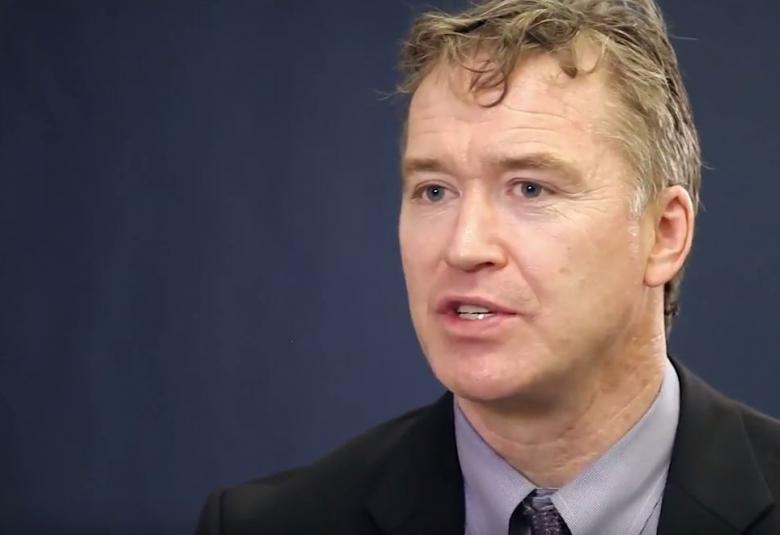The new evidence-based guidelines for the pharmacological therapy of schizophrenia from the Japanese Society of Neuropsychopharmacology (JSNP) are now available1 and were presented in this session at AsCNP Virtual 2021, chaired by Ryota Hashimoto, Department of Pathology and Mental Diseases, National Center of Neurology and Psychiatry, Tokyo, Japan.
Dr Hiroyuki Uchida, Department of Neuropsychiatry, Keio University School of Medicine, Tokyo, Japan opened the session by focusing on the rational for the development of Japanese guidelines for treatment of patients with schizophrenia, explaining the multiple characteristics specific to Japan that generate the need for these guidelines.
A large proportion of antipsychotics (APs) evaluated in meta-analyses and recommended in international guidelines are not available for the Japanese market explained Professor Uchida. Variations also exist between Japan and other countries with respect to the healthcare system and insurance policies, and there are differences in the availability and acceptance of generic drugs.
Treatment choice is another important consideration, as this is often influenced by the culture of the physician; long-acting injectables (LAIs) for instance, although widely prescribed in Australia, are used much less frequently in Japan.
New guidelines meet the specific needs of Japanese patients with schizophrenia and physicians
A summary of recommendations from the JSNP was provided by fellow speakers.
For first-episode psychosis (FEP)1
- Second-generation antipsychotics (SGAs) are recommended over first-generation APs (FGAs)
- No specific drugs are recommended when selecting SGAs
- Sensitivity to treatment and adverse events of APs is high
- Start treatment at low dose and gradually increase dose while evaluating its effects
- Continue administration of APs for at least one year to prevent recurrence*
*Since the development of the JSNP guideline, meta-analysis of 10 randomized controlled trials has shown that maintaining treatment with APs prevents relapse for up to 24 months in patients with FEP and that discontinuation for ≥2 months significantly increases the risk of relapse.2 It is therefore anticipated that the next edition of the guidelines will be amended to reflect this new analysis.
For patients with first episode psychosis, continue antipsychotic medication for at least one year
For recurrence and relapse1
- Confirm appropriateness of dose, duration and adherence of current AP before considering dose increase or switching
- For recurrence/relapse due to treatment discontinuation, consider response and adverse events of previous APs prior to selecting new AP
- If medication adherence is good but recurrence/relapse occurs, increase dose if possible
- If dose of AP is increased to limit and therapeutic response is observed for 2-4 weeks after increase but no response is seen after 8 weeks, switch AP
- The effects of concomitant therapy with APs or other psychotropics are uncertain and may increase adverse events, so monotherapy is recommended
For maintenance treatment1
- Continuously administer APs to patients in the maintenance phase
- Use daily administration for continuous administration
- Use LAI in recurrent patients due to decreased adherence and in patients who request it
- SGAs are superior to FGAs for recurrence prevention, continued treatment and adverse events
- Evidence for comparisons between SGAs is insufficient and no specific SGAs are recommended
- Results on decreased doses of APs for patients in the maintenance phase are inconsistent
Full recommendations as well as those for treatment resistance and other clinical problems can be found in the guideline publication1.
Our correspondent’s highlights from the symposium are meant as a fair representation of the scientific content presented. The views and opinions expressed on this page do not necessarily reflect those of Lundbeck.




